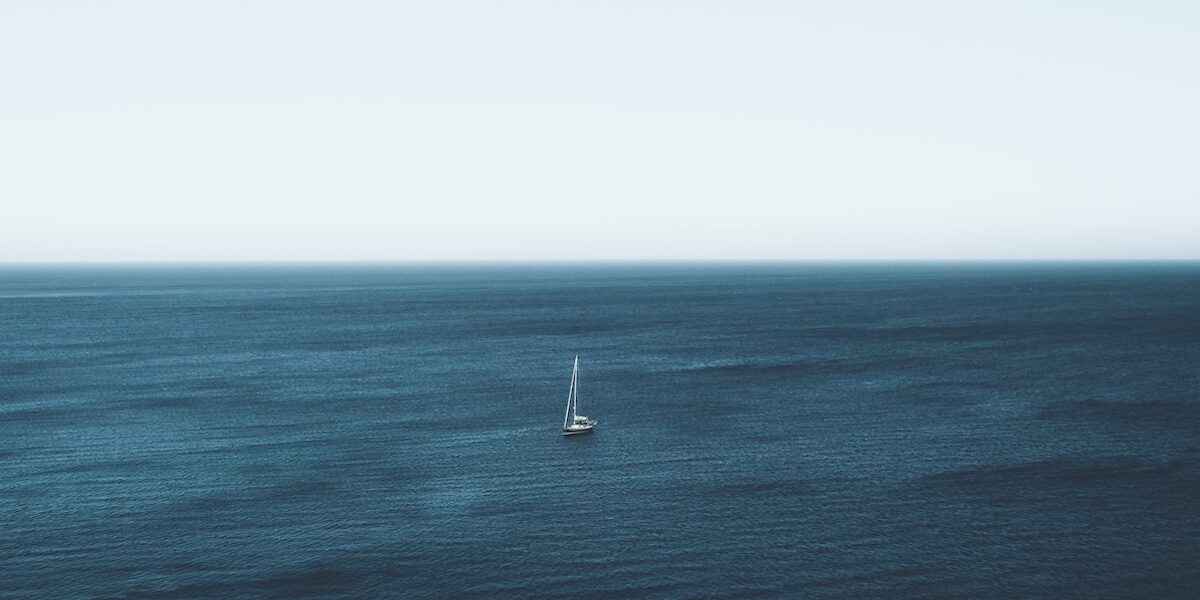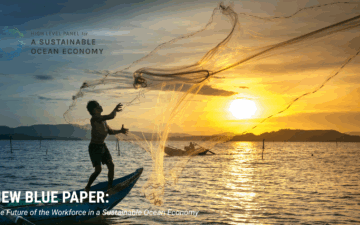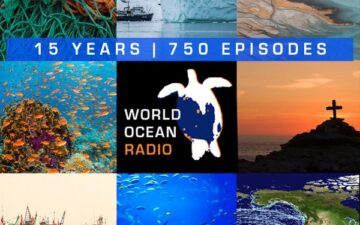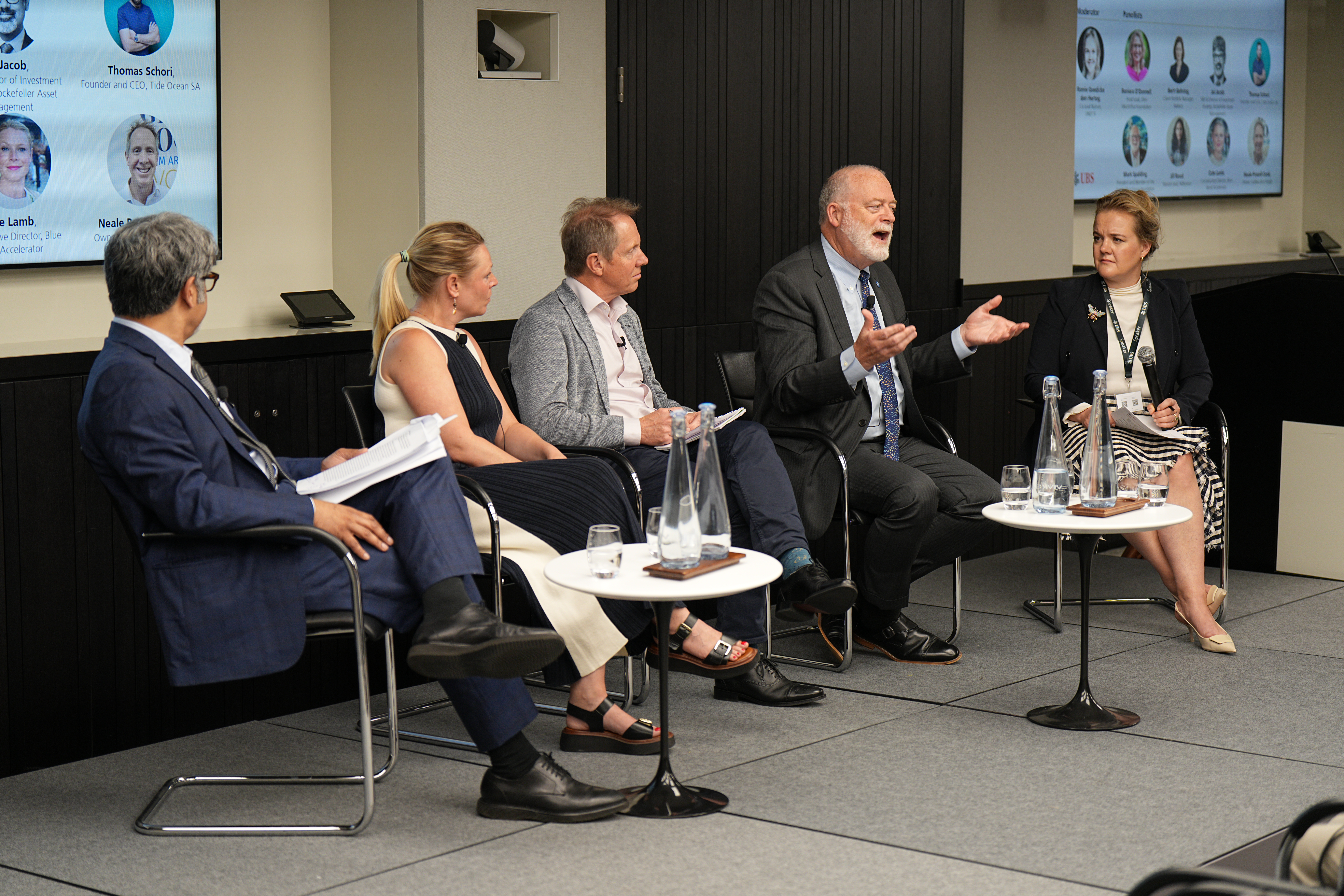Coverage of the 5th International Deep Sea Coral Symposium, Amsterdam
AMSTERDAM, NL – How much progress the world is making in controlling “illegal” deep-sea fishing on the high seas depends on your perspective, Matthew Gianni of the Deep Sea Conservation Coalition told scientists at last week’s Fifth International Symposium on Deep-Sea Corals.
“If you ask the policy people, they say it’s astonishing what been accomplished in such a short period of time,” Gianni, a former Greenpeace activist, told me over lunch after his presentation, “but if you ask the conservationists, they have a different opinion.”
Gianni defined the “high seas” as ocean areas beyond waters claimed by individual nations. By this definition, he said, about two-thirds of the oceans are defined as “high seas” and are subject to international law and a variety of treaties.
Over the past decade, a number of international bodies, like the United Nations General Assembly, have agreed upon various rules and regulations that restrict fishing in some areas with “vulnerable marine ecosystems” like fragile cold water corals.
Deep-sea corals, which are extremely long-lived and may take hundreds or even thousands of years to grow, are often pulled up as by-catch by the bottom trawlers.
But, Gianni told scientists, not enough has been done. Some scoff-law boats and even the nations which flag such boats could be tried in already extant international courts, but prosecutors have been reluctant to take such steps, he said.
There has been some progress, he said. Some areas which have not been fished have been closed to bottom trawling and other kinds of fisheries unless the institutions perpetrating the fishing first do an environmental impact statement.
This in itself is highly innovative, he said, and has had the effect of substantially limiting fishing intrusions in such areas, since few corporations or other entities want to bother with EIS documentation.
On the other hand, he added, where deep-water dragging has been traditionally permitted, the international community has been loathe to try to actively limit fishing, he warned.
“Deep sea trawling should be subject to impact assessments that are as demanding as those undergone by the oil industry,” Gianni told the gathering, since destructive fishing practices like ground trawling are in fact much more damaging than deep-sea drilling for oil. (Gianni was not alone in that viewpoint; throughout the five-day conference, a number of others, including scientists, made similar statements.)
Getting the attention of the international community, Gianni told me at lunch, is no longer the problem. That’s already happened: The United Nations, he said, has passed some good resolutions.
Rather, he said, the problem is getting those resolutions implemented by all the nations involved: “We got a good resolution. Now we’re working to get it implemented.”
This is not an easy task, given humanity’s ages-old belief that there should be freedom to fish on the high seas.
“It’s regime change,” he said, “paradigm shift.”
The nations involved in deep-sea fishing in the Southern Ocean have done a comparatively good job at trying to comply with the United Nations resolutions. On the other hand, some nations involved in high-seas bottom trawling in the Pacific have been less assertive.
Roughly 11 nations have large numbers of flagged ships involved in the deep-sea fishery. Some of those nations abide by international agreements while others do not.
I asked about the feasibility of ensuring compliance.
“We’re moving in the right direction,” he answered, citing several cases over the past decade involving ships that failed to comply and then were refused entry into a number of ports because of the ships’ noncompliance.
On the other hand, Gianni and others involved in the Deep Sea Conservation Coalition (whose more than 70 members range from Greenpeace and the National Resources Defense Council to the actress Sigourney Weaver) feel that progress has been moving too slowly.
 Born in Pittsburgh, Pennsylvania, Gianni spent 10 years as a commercial fisherman and became involved in ocean conservation when the U. S. Army Corps of Engineers in the late 1980s agreed to allow dredge tailings from a port development project in Oakland, California to be dumped at sea in an area where fishermen were already fishing.
Born in Pittsburgh, Pennsylvania, Gianni spent 10 years as a commercial fisherman and became involved in ocean conservation when the U. S. Army Corps of Engineers in the late 1980s agreed to allow dredge tailings from a port development project in Oakland, California to be dumped at sea in an area where fishermen were already fishing.
He joined forces with Greenpeace and many others. The highly publicized advocacy actions forced the federal government to use a dump site further out to sea, but by that time Gianni had become dedicated to conservation issues.
After working full-time for Greenpeace for a while, he became a consultant involved in issues surrounding deep-sea dredging and fishing on the high seas.







